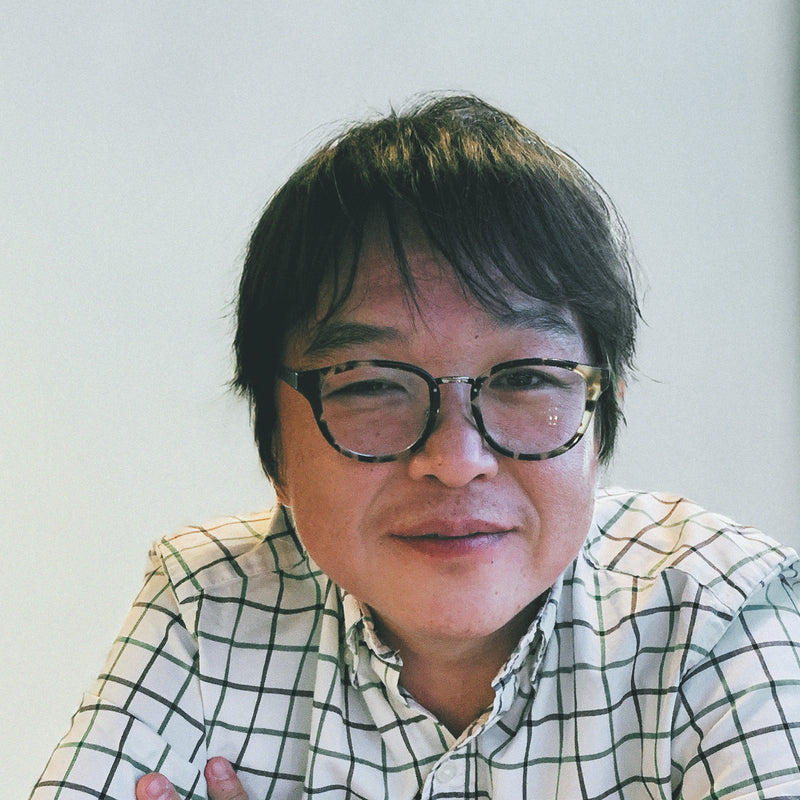The coffee industry is experiencing one of its most fruitful eras today. The number of corporations offering their audience with a wide variety of high-quality products has never been larger!
Of course, this comes with a few problems, mainly related to a load of information, but on the bright side, exploration has never been easier.

And in that exploration process, I am very pleased to announce I have stumbled upon a magnificent gem of the industry, all the way to the far east.
I want to talk to you about Saza Coffee, a company born out of pure love for our favorite beverage!
Early History and Vision
Saza started as a small coffee shop in Katsuta City (now Hitachinaka City), in Ibaraki prefecture east of Tokyo, in 1969.
It took its name from the “Saza” method, used in the preparation of the Omotesenke 表千家 tea ceremony, which translates to “sit down and enjoy tea”. The name is exceptionally fitting, and it is a real testament to Saza’s philosophy about how coffee should be treated.
It was opened by Homa Suzuki, who was gripped by the beloved beverage in his 20s and has been passed down from generation to generation in the Suzuki family.
In a recent interview, Chairman Suzuki (the founder) spoke of how much he wanted to produce coffee that the Japanese found delicious. And so he researched, from temperature to roasting, to grain varieties, to make that a reality until his vision started taking shape.
Saza’s Farms and Professionals
As the company was expanding over the years, in order to have more control over the quality of its coffee, Saza decided to acquire a farm in Colombia in 1998.
As the Chairman pointed out, he wanted to realize his ideal of coffee, which took time and effort to make, and despite the language barriers, he pursued just that.
The farms that were chosen, however, for their land and cultivars, by the Chairman’s son (Taro Suzuki, current President and Representative of the company) were located in an insecure area thriving with guerilla activity, and the coffee produced only reached Japan in 2008.

Other problems (illness, for example) related to cultivation occurred as well, and replantation was required twice. The pursuit didn’t stop there, though, as in 2011, another farm close by was acquired, and the in-house coffee ended up winning a domestic competition in 2017.
In these farms, specialty coffees such as Geisha are cultivated, but they have an additional benefit for the company too. (I wrote an entire article about Geisha coffee here)
They are also used as a place for experimentation to produce even better varieties, and many of the company’s employees are sent there for training and to observe the cultivation process.
Saza’s baristas are also very well trained, ranking consecutively high for the past few years in “Japan’s Barista Championship.”
Saza is really putting forward a combined effort to provide its audience with the best they could ask for!
Most famous products and stores
In Saza’s stores, there is a wide variety of options to choose from, beverages or pastries. And all coffees offered in the store come with a preferred brewing method, suiting their individual traits to enhance the experience even further.
For if there is one thing that has helped Saza rise as a specialty coffee shop other than its high quality, it is its devotion to its community.
They have proven their desire to provide people with the best experience possible, something deeply reflected in their products and services.
It is also the reason all 13 stores of the chain, 10 in Ibaraki and 3 in Tokyo, emphasize customer experience and try to maintain a warm atmosphere fitting their coffee’s quality.
Most of their stock is comprised of specialty coffee blends and raw beans. One of the most renowned and iconic blends is the Tokugawa Shogun Blend, which took its name after Tokugawa Yoshinobu, the last shogun of the Tokugawa Dynasty.
It started being produced close after the Tokugawa Yoshinobu TV series started airing in 1998 and grew in popularity fast.
There have also been a few collaborations with institutions recently, such as Ibaraki Local National University and Tsukuba University, in order to construct even more refined cups.
Of these collaborations came the “Izura Coffee” and “University of Tsukuba Aliensa Estate Coffee”, both of which seek to combine experience with science.
Another specialty coffee offered by Saza exclusively, which is known as one of the best coffees in the world, is…
Panama Geisha Coffee
Saza’s devotion to pursuing the best for its audience is evident in its consecutive success in bringing Geisha Coffee into its stores.
But that wasn’t enough! Since 2008 (with the exception of 2014), the company has succeeded in winning the Best of Panama auction every year and providing its community with this cream-of-the-crop variety.
Although some of the Geisha offered is cultivated in in-house farms in Colombia, Panamanian Geisha is grown under different conditions, using different processing methods, therefore possessing a few significant, unique characteristics compared to other Geisha coffees.
It should be noted that the price of Panamanian Geisha has been steadily rising every year since 2004, when its high quality was first noticed.
This year’s auction was won by purchasing the aforementioned coffee for 2,568$/ per pound, a quantity of around 100 pounds total.
Conclusion
When speaking of Japan, amongst coffee lovers, everyone who is aware of their culture and the moral principles when it comes to work ethic is aware of just how the quality he should expect is.
Saza Coffee is an outstanding example of that, as they have devoted the past 50 years in pursuit of the ideal coffee, and they want their community to smile when they are served it.
Through patient, continuous efforts, it is incredible how a family store from the Ibaraki prefecture of Japan has managed to make such an impact in the local coffee industry.
I am not sure what it boils down to in the end, but if you ever find yourself in Japan, I think you won’t regret it!
Get Free Bonus Books

Sign up for free to the Coffee Club to get advice and exclusive articles about how to choose Japanese Coffee, and tips, tricks, and recipes for enjoying Japanese coffee.
About the author
Kei Nishida
Author, CEO Dream of Japan
Certification: PMP, BS in Computer Science
Education: Western Washington University
Kei Nishida is a passionate Japanese tea and coffee connoisseur, writer, and the founder and CEO of Japanese Coffee Co. and Japanese Green Tea Co., both part of Dream of Japan.
His journey began with a mission to introduce the world to the unparalleled quality of Japanese green tea. Through Japanese Green Tea Co., he established the only company that sources premium tea grown in nutrient-rich sugarcane soil—an innovation that led to multiple Global Tea Champion awards.
Building on this success and his passion for Japanese craftsmanship, Kei expanded into the world of coffee, pioneering the launch of Japanese Coffee Co., the first company to bring Sumiyaki charcoal-roasted coffee to a global audience. His dedication to authenticity and quality ensures that this traditional Japanese roasting method, once a well-kept secret, is now enjoyed worldwide.
Beyond tea and coffee, Kei has also introduced Japan’s legendary craftsmanship to the world through Japanese Knife Co., making handmade katana-style knives—crafted by a renowned katana maker—available outside Japan for the first time.
Kei’s journey continues as he seeks out and shares the hidden treasures of Japan, one cup and one blade at a time.
Learn more about Kei










